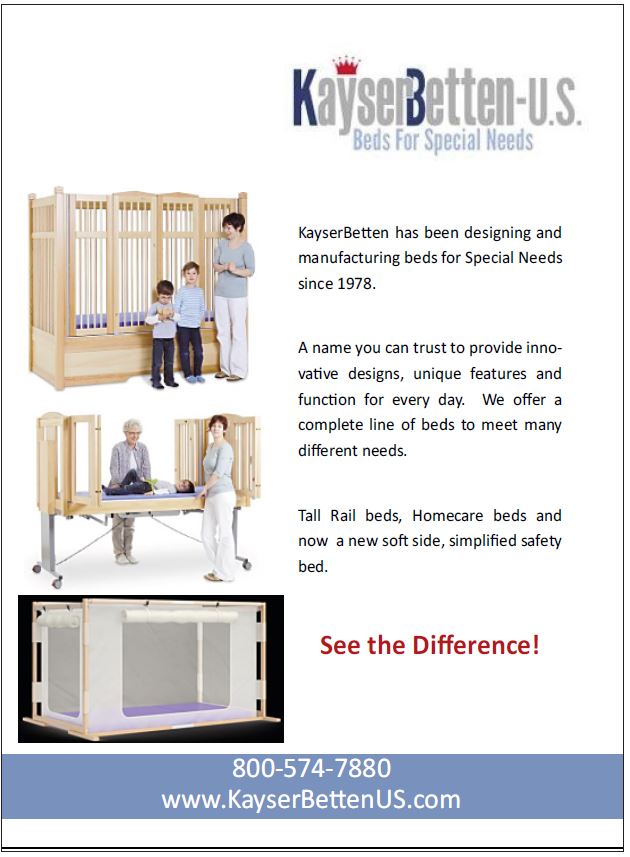WHAT'S HAPPENING
AUTISM IN THE FAMILY TREE: RESEARCHERS HAVE FLIPPED THE SCRIPT ON ASD GENETICS
Scientists long thought that siblings born with ASD share more of their mother's genome than their father's. But Cold Spring Harbor Laboratory Associate Professor Ivan Iossifov and Professor Michael Wigler have now shown that, in many cases, it's dad who might be playing a bigger genetic role.
For decades, Cold Spring Harbor Laboratory scientists and collaborators have invested sizable resources into deciphering the genetic causes of autism spectrum disorder (ASD). Their efforts have produced useful insights for diagnosticians, therapists, and educators, helping to change the way people think about this common neurodevelopmental disorder. Now, they've taken their work another step further, overturning popular assumptions about autism and its genetic origins.
Autism spectrum disorders cover a range of neurological and developmental conditions. They can affect how a person communicates, socializes, learns, and behaves. ASD may also manifest as repetitive behaviors or restricted interests. In the United States, it affects around one in 36 children.
"There are children diagnosed with autism who are high functioning," Iossifov says. "They have a completely productive life, although they have some minor troubles in social interactions, as most of us do. But also, there are children diagnosed with autism who never learn to speak, and they have definitely a difficult life."
Over the last two decades, CSHL scientists have led a multimillion-dollar effort to uncover the genetic origins of autism. They discovered thousands of genes that, when damaged, may cause a child to be born with ASD. But their work was not able to account for all cases of ASD. So Iossifov and Wigler set out to find the missing sources.
The duo analyzed the genomes of over 6,000 volunteer families. They found that in families that have two or more children with ASD, the siblings shared more of their father's genome. Meanwhile, in families where only one sibling had ASD, the children shared
ABOUT COLD SPRING HARBOR LABORATORY
Founded in 1890, Cold Spring Harbor Laboratory has shaped contemporary biomedical research and education with programs in cancer, neuroscience, plant biology and quantitative biology. Home to eight Nobel Prize winners, the private, not-for-profit Laboratory employs 1,000 people including 600 sci
less of their father's genome. While the discovery reveals a new potential source of ASD, it also poses a provocative question. Could other disorders play by the same genetic rules?
No one is sure how the father's genome makes its mark on children with ASD. But Iossifov has a couple interesting ideas. He thinks some fathers may carry protective mutations that fail to get passed on. Or fathers may pass down mutations that trigger the mother's immune system to attack the developing embryo. Both theories offer hope for parents of children with ASD and other neurological disorders like schizophrenia.
“Our future research is exciting,” Iossifov says. "If one of those theories or two of them prove to be true, then it opens different treatment strategies, which can, in the future, affect quite a lot of families."
In addition, this research offers helpful tools for educators and therapists. It may allow for earlier diagnoses and a better overall understanding of autism.

KayserBetten has been designing and manufacturing beds for Special Needs since 1978.
A name you can trust to provide innovative designs, unique features and functions for every day. We offer a complete line of beds to meet many different needs.
Tall Rail beds, Homecare beds and now a new soft side, simplified safety bed.
See the Difference!